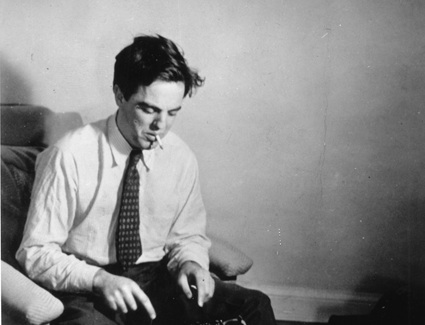If you’re a fan of American roots and blues music, you owe Alan Lomax a big thank you. Lomax spent a lifetime, beginning in the 1940s, traversing the American south—not to mention England, the Caribbean, and many other places—armed with a tape recorder. His quarry: Folk music that had never been recorded before. In the course of his research, he discovered some of our most important folk musicians: Woody Guthrie, Leadbelly, and Son House, to name a few. In time, these pickers and singers would go on to inspire everyone from the Beatles to Kurt Cobain to Jack White.
For decades, Lomax worked out of a suite of offices tucked into an ugly blue warehouse behind New York City’s Port Authority Bus Terminal. When he died in 2002 at the age of 87, his office became the Alan Lomax Archive, home to his vast collection of recordings, records, correspondence, and equipment. Most of his field recordings now live at the Library of Congress, but the archive still holds his personal caches. Now, the building is being sold and the archive is being forced to move across town to a smaller space. Director Don Fleming is faced with the difficult and delicate task of deciding what to keep—and what to put up for sale.
Additional production by James West
Click here for more music coverage from Mother Jones.















